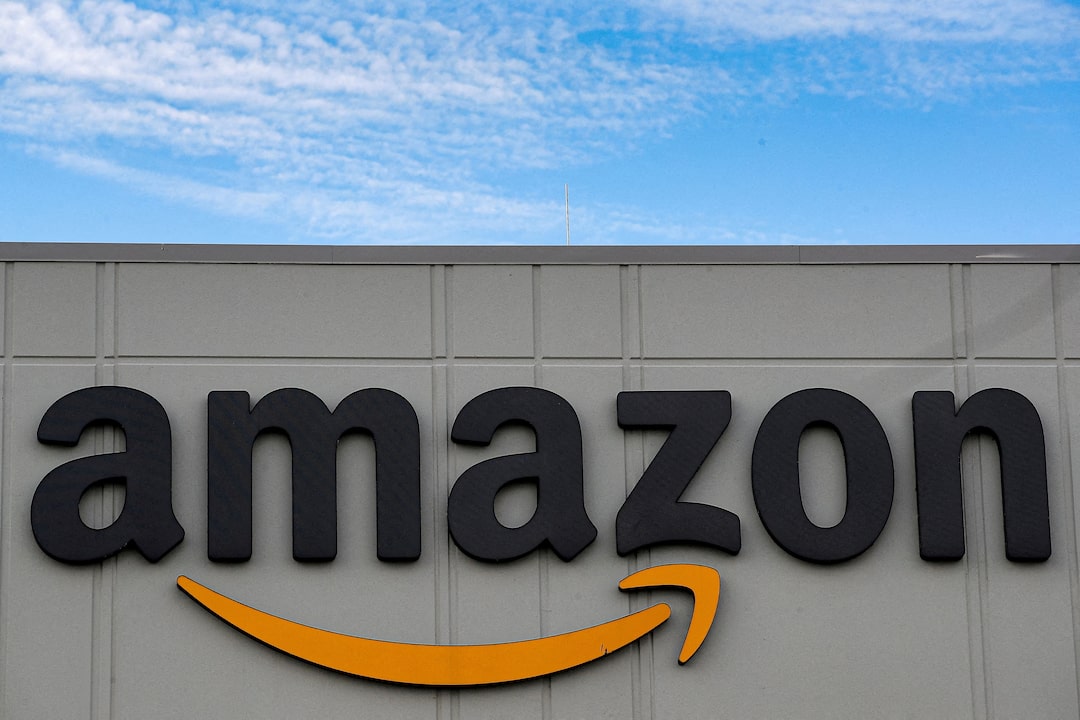Chinese businesses selling products on Amazon are bracing for the impact of President Donald Trump’s decision to raise tariffs on Chinese imports to 125% from the current 104%. The move has been described as an ‘unprecedented blow’ to the e-commerce industry.
Wang Xin, head of the Shenzhen Cross-Border E-Commerce Association, which represents over 3,000 Amazon sellers, told Reuters that the tariff hike would overwhelm the entire cost structure for many businesses. ‘It’ll be very hard for anyone to survive in the U.S. market,’ she said, warning of potential customs delays and higher logistics costs.
Impact on Sellers
Some sellers are planning to raise prices in the U.S. market, while others are looking to expand into new markets. China is home to around half of Amazon’s sellers, with over 100,000 Amazon businesses registered in Shenzhen alone, generating $35.3 billion in annual revenues.
Dave Fong, who sells products ranging from schoolbags to Bluetooth speakers on Amazon, has already raised prices in the U.S. by up to 30%. ‘For us and anyone else, you can’t rely on the U.S. market, that’s quite clear,’ Fong said. He plans to reduce investment in the U.S. market and allocate more resources to regions like Europe, Canada, and Mexico.
Brian Miller, who has been selling on Amazon from Shenzhen for seven years, anticipates having to raise prices steeply when current inventories run out. He cited an example of children’s building blocks that cost $3 to produce and sell for $20 on Amazon. With the tariff, the cost would rise to $7, requiring a price increase of at least 20% to maintain margins.
Broader Implications
The tariff hike poses significant risks to China’s small enterprises and manufacturers, potentially leading to a rapid increase in China’s unemployment rate, according to Wang. The U.S. is a crucial market for Chinese exporters, and no other country comes close to matching its consumption power. This limits the ability of the rest of the world to absorb the production, raising the risk of intensifying price wars among Chinese exporters and squeezing profitability.



